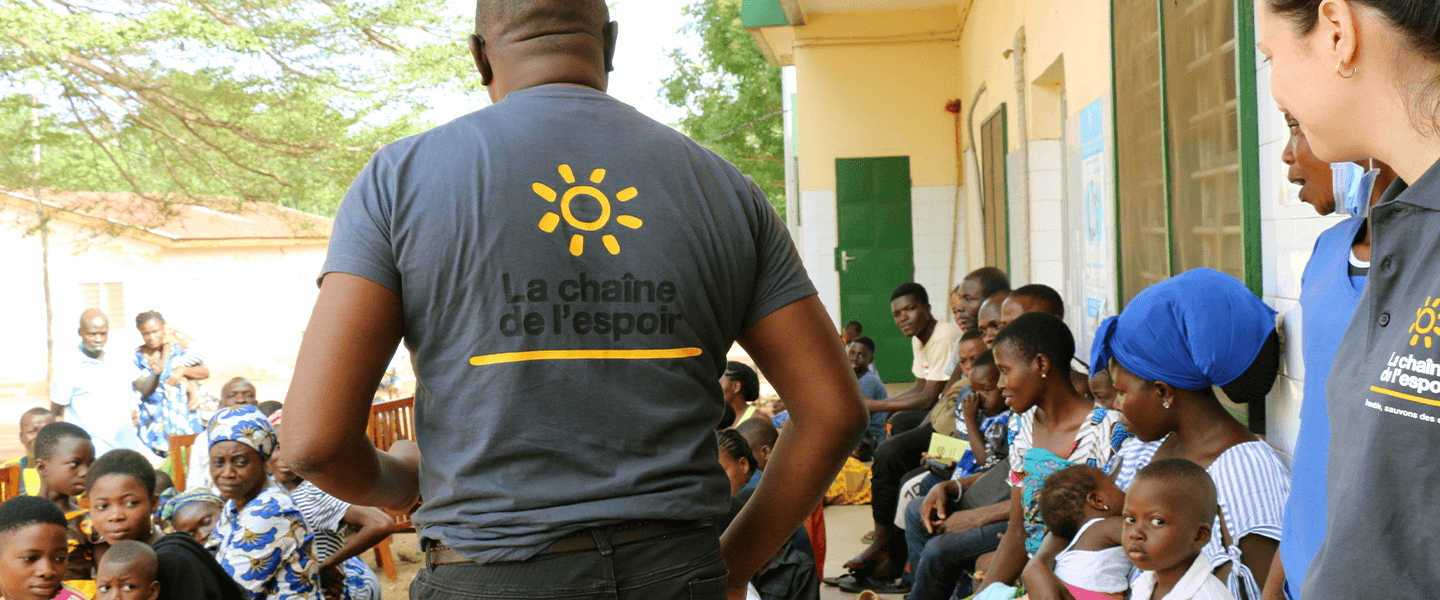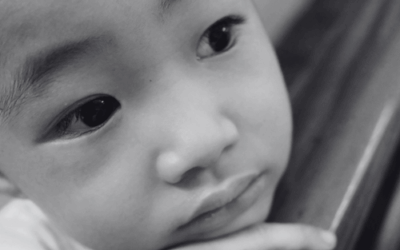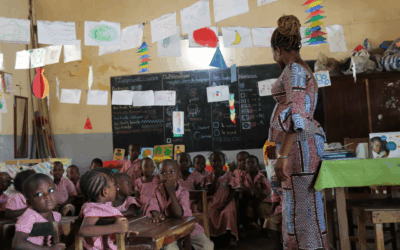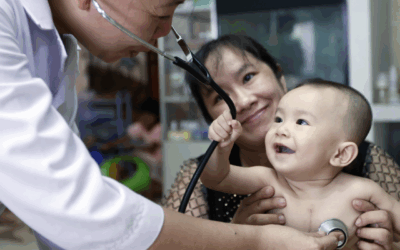Iraq: our business continues in new areas
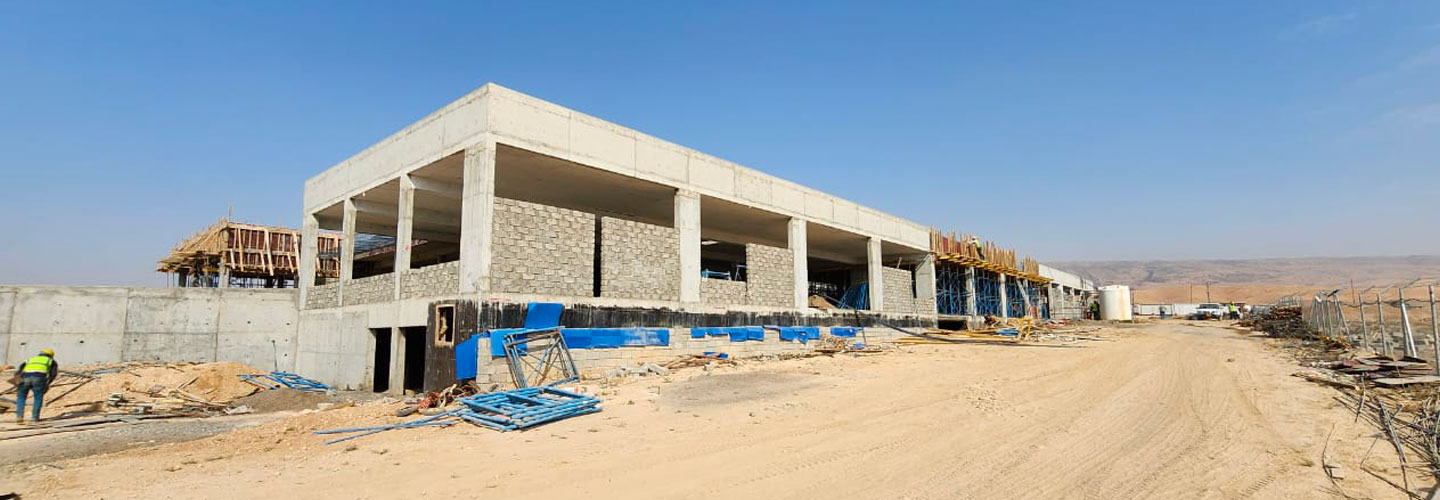
In Iraq, more than 2.5 million people are in need of humanitarian assistance, including over a million internally displaced persons. Vulnerabilities are highest in the governorates most affected by the conflict with Daech eight years ago, and particularly Nineveh, where our association operates.
Today, basic infrastructure and social services are still very inadequate, making access to primary and secondary healthcare extremely problematic.
During the three-year occupation of the area, genocide was perpetrated by Daech in Sinjar, killing thousands of Yezidi men and taking Yezidi women away as slaves. Seven years after the liberation of Sinjar, the overall situation in the district remains tense, with a plurality of competing armed entities shaping the region’s dynamics.
Since the end of the conflict, however, there has been a gradual return of displaced people. In 2022, 70% of the population of Sinjar reported a shortage of goods on the market, 23% of households had no civil status documents, and 58% had suffered destruction or damage to their homes.
In 2022, the Sinjar district had one of the worst indicators of accessibility and availability of healthcare services in Iraq. The Sinjar primary healthcare center rehabilitated in 2021 by our association functions as a referral hospital, but has a limited number of beds and few staff.
Surgical activity is limited to two days a week. In August, our association completed a long training program for medical and paramedical staff.
A new hospital for the people of Sinjar
In addition, since December 2021, La Chaîne de l’Espoir has been building a new hospital, to provide specialized care including pediatric, gynecological, emergency obstetric, maternal and neonatal care. Financed by the Crisis and Support Center of the French Ministry of Europe and Foreign Affairs, with equipment support from the European Union, the construction will result in a high-standard 31-place facility.
Over the course of 2022, the project made good progress, achieving a number of key milestones. The first invitations to tender for the biomedical equipment needed to operate the hospital were launched.

